Almonds (Badam) contain lots of healthy fats, fibre, protein, magnesium and vitamin E.
Throw them in a blender to create crunchy crumbs or toss them in a salad for a scrumptious bite.
No artificial colours, flavours or preservatives.
FAQs
Is consuming almond good for brain?
Almonds, also known as badam, have been found to have a number of potential cognitive benefits due to their high content of healthy fats, antioxidants, and various vitamins and minerals. Recent studies have suggested that consuming almonds may have the following benefits for brain health: promoting cognitive function and lowering the risk of age-related cognitive decline. Vitamin E, a powerful antioxidant found in almonds, can help protect the brain from damage caused by free radicals, thus promoting cognitive function.
How many almonds to eat during pregnancy?
The appropriate serving size of almonds during pregnancy may vary depending on an individual’s dietary needs and goals. It is generally recommended to consume a moderate amount of almonds as part of a balanced diet during pregnancy. The American Pregnancy Association suggests that pregnant women can consume up to 1 ounce of nuts per day, which is equivalent to about 23 almonds. It is important to consult a medical professional.
How badam is good for health?
Almonds (badam) are considered a nutritious food due to their high content of protein, healthy fats, fiber and various vitamins and minerals. Eating almonds regularly as part of a balanced diet has been linked to a number of potential health benefits, such as reducing the risk of heart disease by lowering cholesterol levels and increasing the level of beneficial HDL cholesterol, lowering blood pressure and improving blood vessel function, providing antioxidant and anti-inflammatory benefits, and improving skin and hair health due to the presence of Vitamin E. Further research is needed to support these benefits.
How many badam to eat per day?
Consuming a moderate amount of almonds (badam), also known as badam, per day is recommended as part of a balanced diet. As per the American Heart Association, 1.5 ounces of nuts, including almonds, should be consumed per day as part of a heart-healthy diet. This is equivalent to around 23 almonds. It is important to consult with a healthcare professional or registered dietitian to determine the appropriate serving size for an individual based on their specific dietary needs and goals.


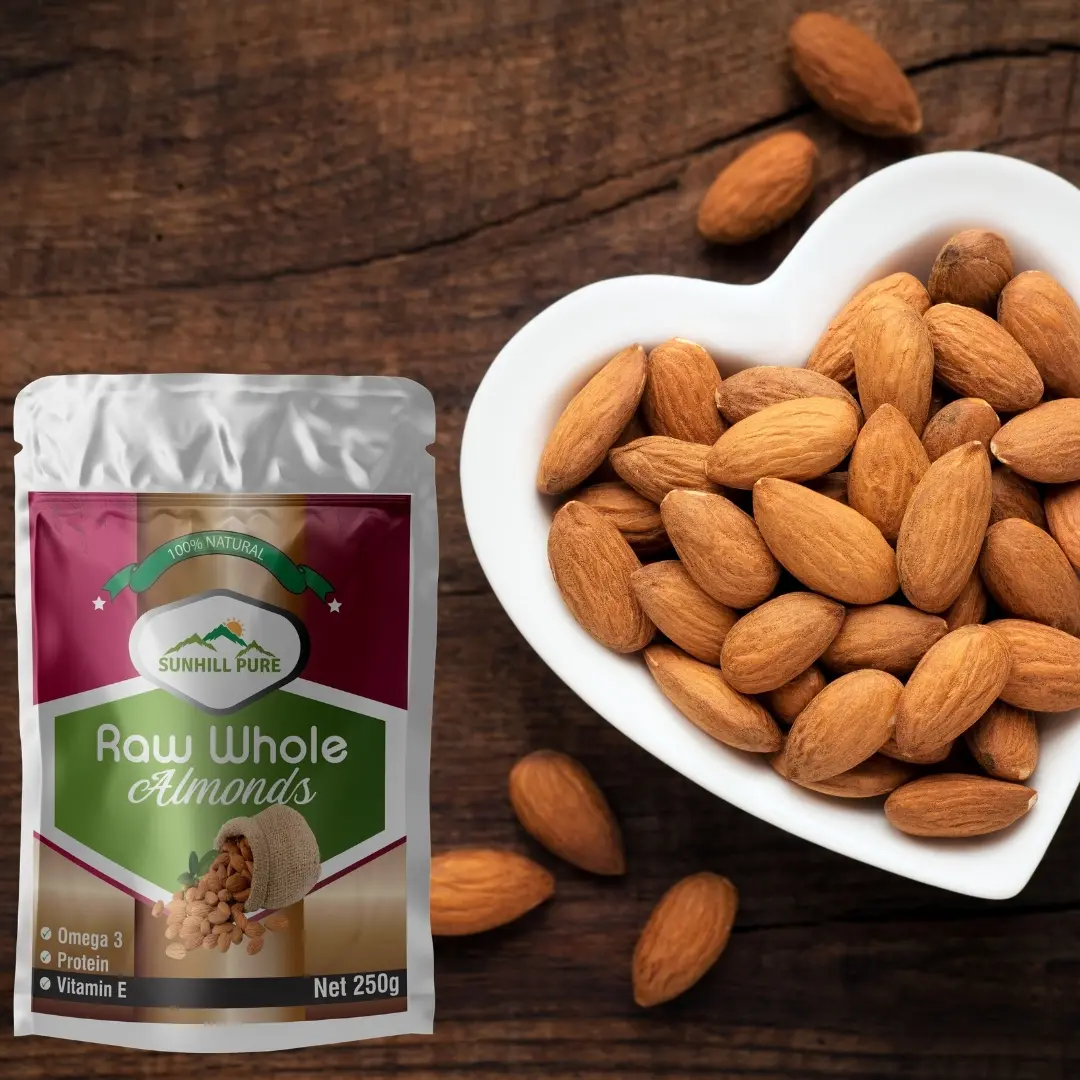
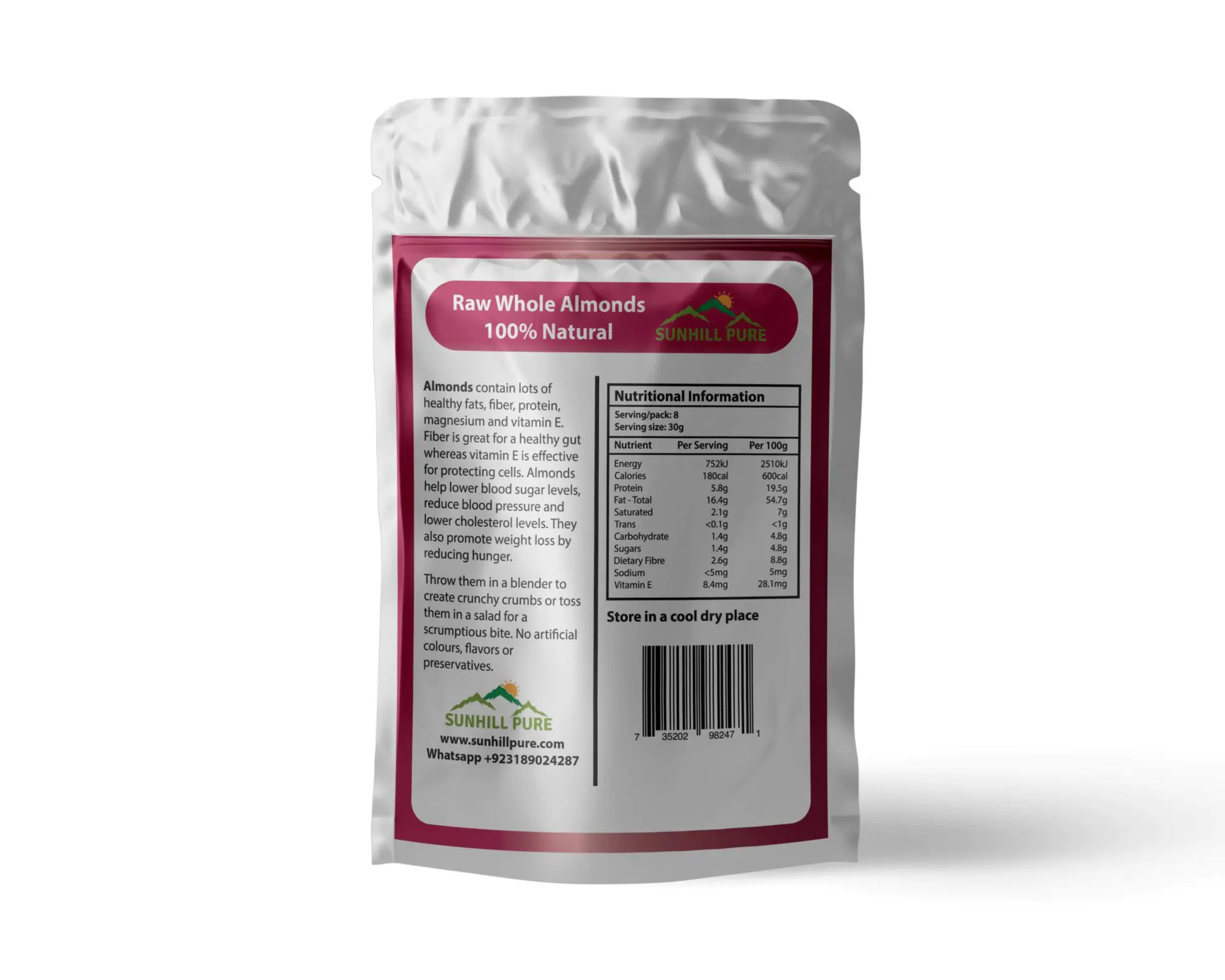






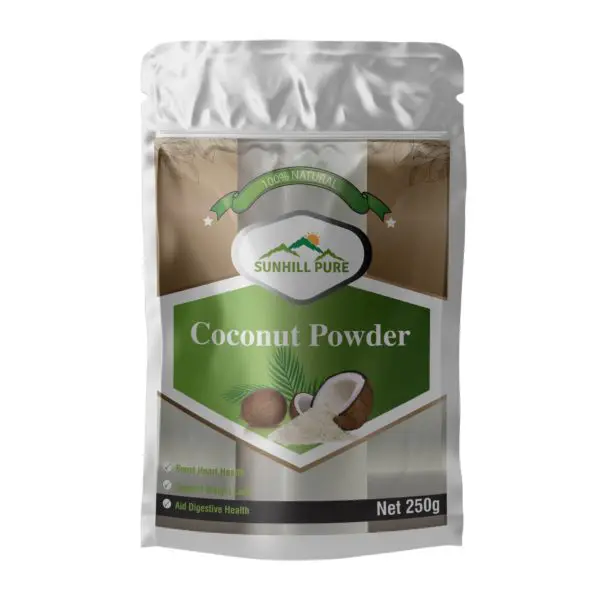
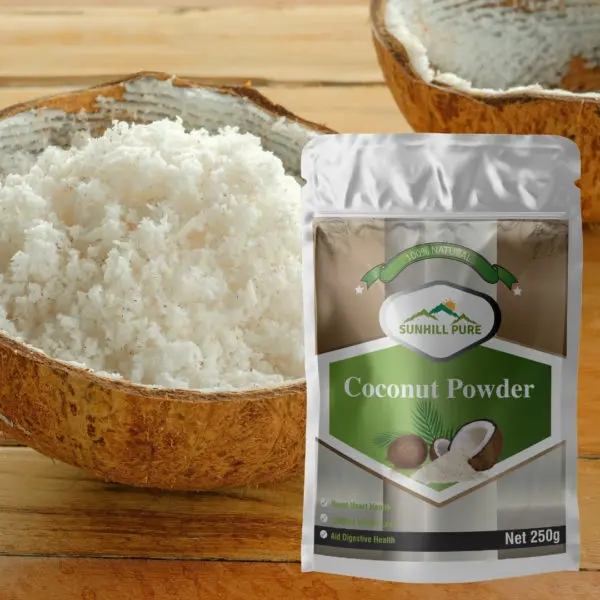



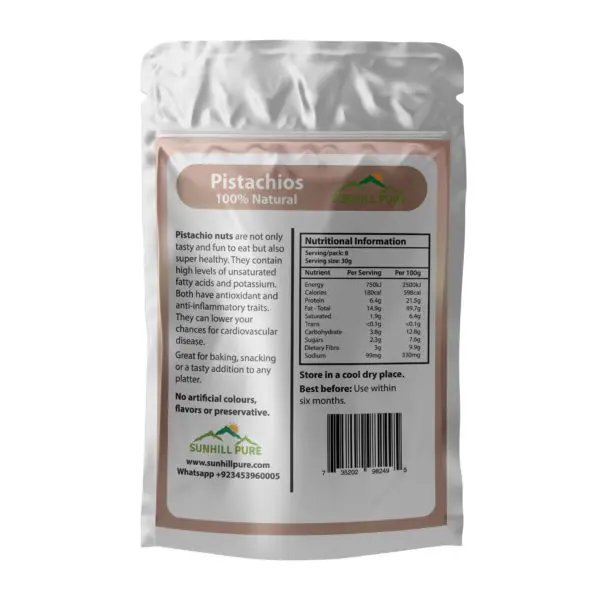


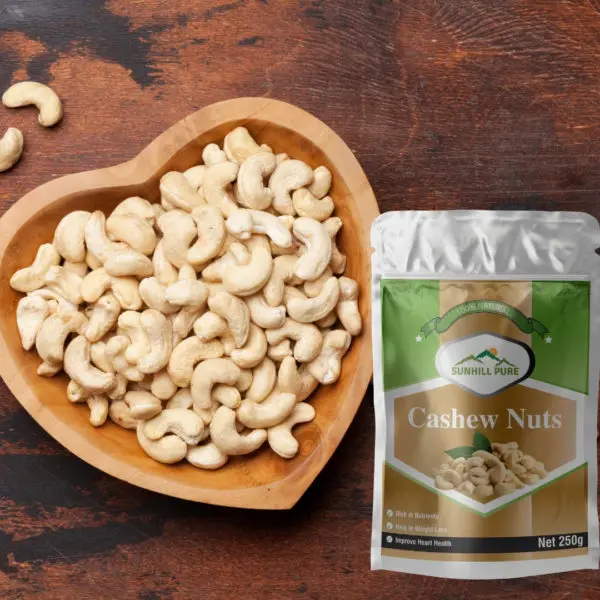
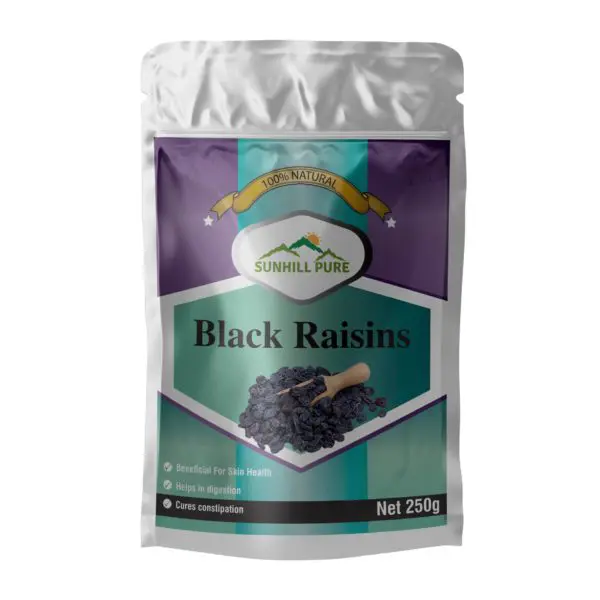
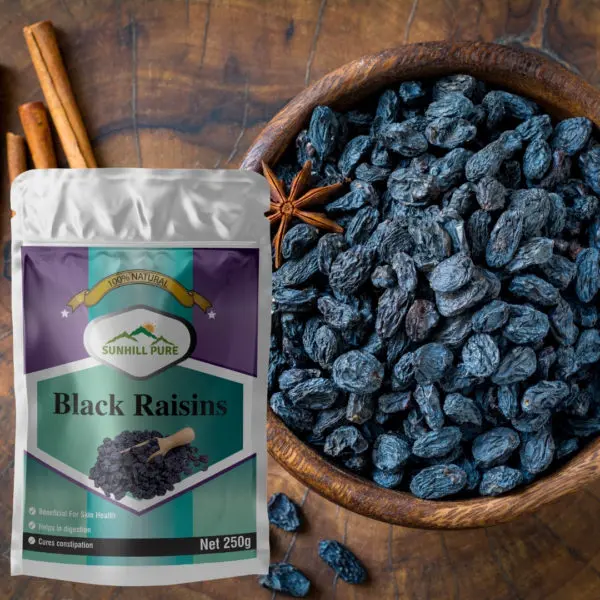
Ayesha Sajjad –
Fast delivery and high quality product A+++